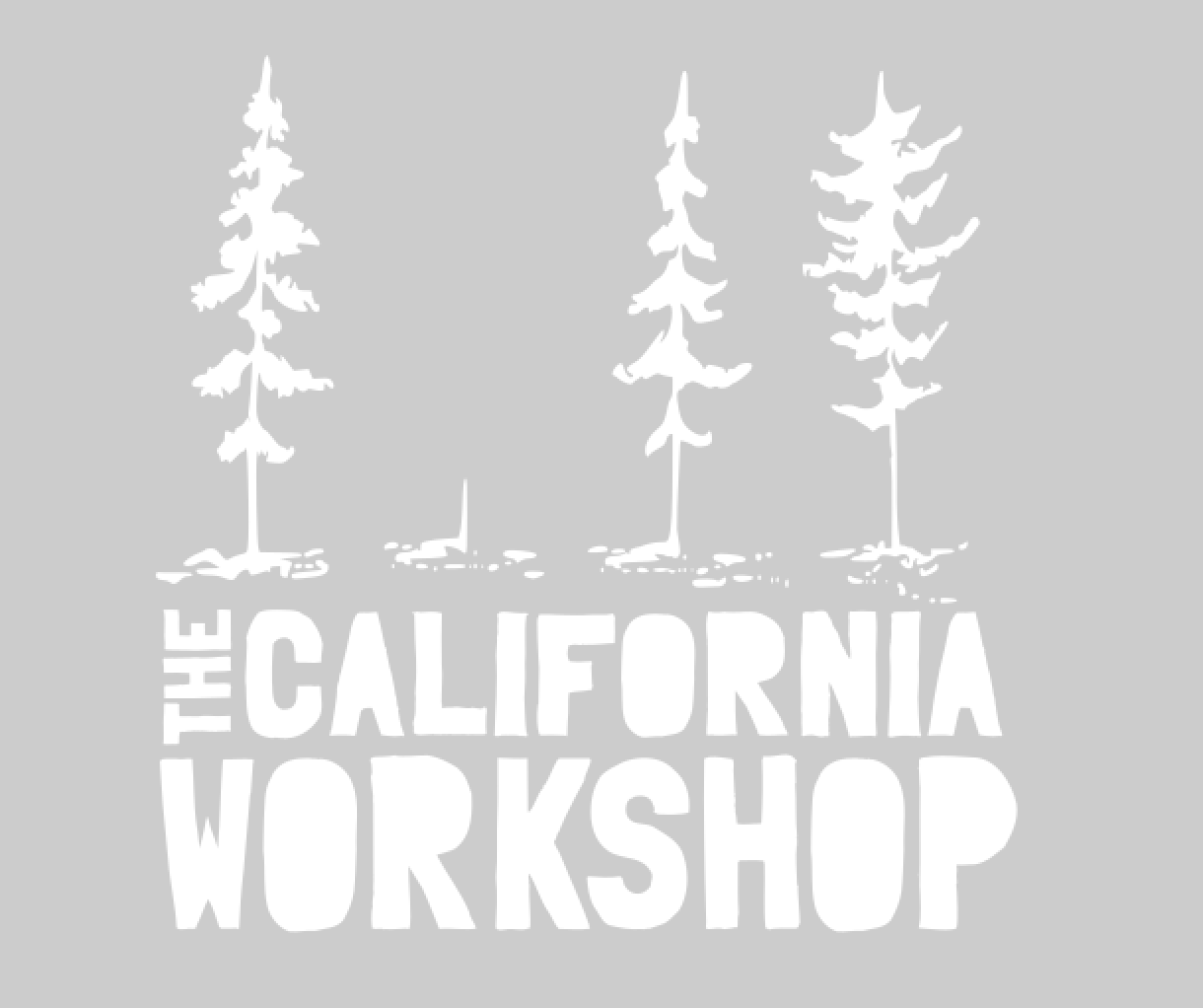Mingei (民芸 lit. "folk arts" or "arts of the people"?), the Japanese folk art movement developed in the late 1920s and 1930s in Japan. Its founding father was Soetsu Yanagi (1889–1961). His famous book The Unknown Craftsman was not translated into English until 1972.
Yanagi and his peers saw an undeniable connection between beauty, nature, god, humanity, simplicity and humility in a movement that is still an important part of modern culture in Japan, China, Korea and elsewhere. It is interesting how the American and British Craft movements lost their voice in the Modernism that followed where in the East the pragmatic and austere values of Modernism were already clearly visible in the values of craft. In the eyes of some, the terms Modern and Arts & Crafts are references to aesthetic styles or fashions of their eras. This simplification obscures the true essence of these movements where in both cases work was inspired by deeply held values. Time does an excellent job to help us differentiate these movements based on values and the fickle fashions that rise and fall at a much higher frequency.
Yanagi clearly differentiates "folkcrafts" from "artist crafts" where folkcrafts are always useful, affordable and unsigned, artist crafts are made by few for the few and signed by the artist.
Here, Yanagi comments on the two:
Q. Which Contains greater beauty, folkcrafts or artist crafts?
A. "If we place them side by side, strangely the artist crafts cannot be said to be better, for they depend on the personality of the artist rather than the character of the craft. If the names of the artists were unknown, could they have stood the contest? There are people who buy the name of the maker rather than quality. As to aristocratic crafts, in their attention to technique and over refinement, they, too, are separated from the mainstream. It is truly strange that folkcrafts should be better than the work of artists in pursuit of beauty. The works of artist craftsman are not primarily intended to be just good pots os much as to display the fine sensibility or strength or personality of the maker--the flavour of itself rather than the flavour of mankind, which crafts exude."
We can learn so much from Soetsu Yanagi and his seeing eye (http://www.mingeikan.or.jp/english/about/), And perhaps one day we too can enter his Kingdom of Beauty.



